Overclocking
Our AMD Ryzen 7 2700X is usually game for 4.25GHz, and plumbing in our usual 1.425V vcore in AMD's Ryzen Master software saw the board perform flawlessly for stress testing and the entire benchmark run. We were also able to hit 2,933MHz with our Hynix Corsair Vengeance RAM just by applying the XMP profile in the EFI, although as there's no base clock adjustment, you can't tweak this up to 3,000MHz. You can see more on MSI's EFI and software here.
Performance Analysis
For the most part there's not much difference between AMD boards these days, and most of our benchmarks are evidence of that. HandBrake, PCMark 10, and Cinebench all have next to no performance difference between the handful of X470 boards we've tested so far, and the same was true in our game tests and indeed the storage tests too. Very exciting, we know.
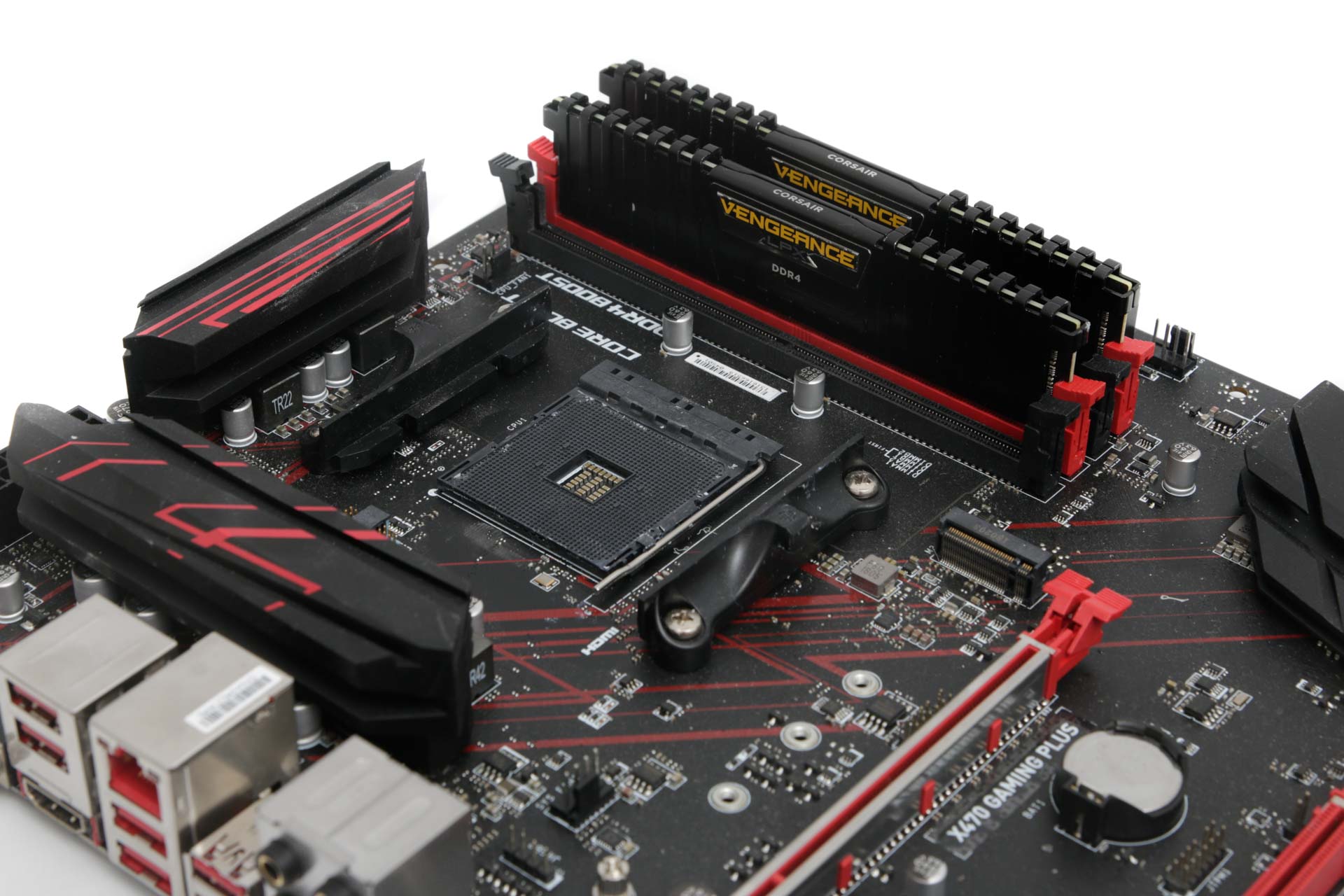
There were two areas where the X470 Gaming Plus fell behind, though, and the first was audio performance, with the ALC892 codec well below the par set by the ALC1220 codec present on all the other X470 boards we've tested. For example, the dynamic range of 92.3 dBA was well short of the similarly priced Gigabyte X470 Aorus Ultra Gaming's result of 110.9 dBA - whether you'll be able to tell the difference is another matter, of course, and will probably depend on you using some fairly high-end audio hardware.
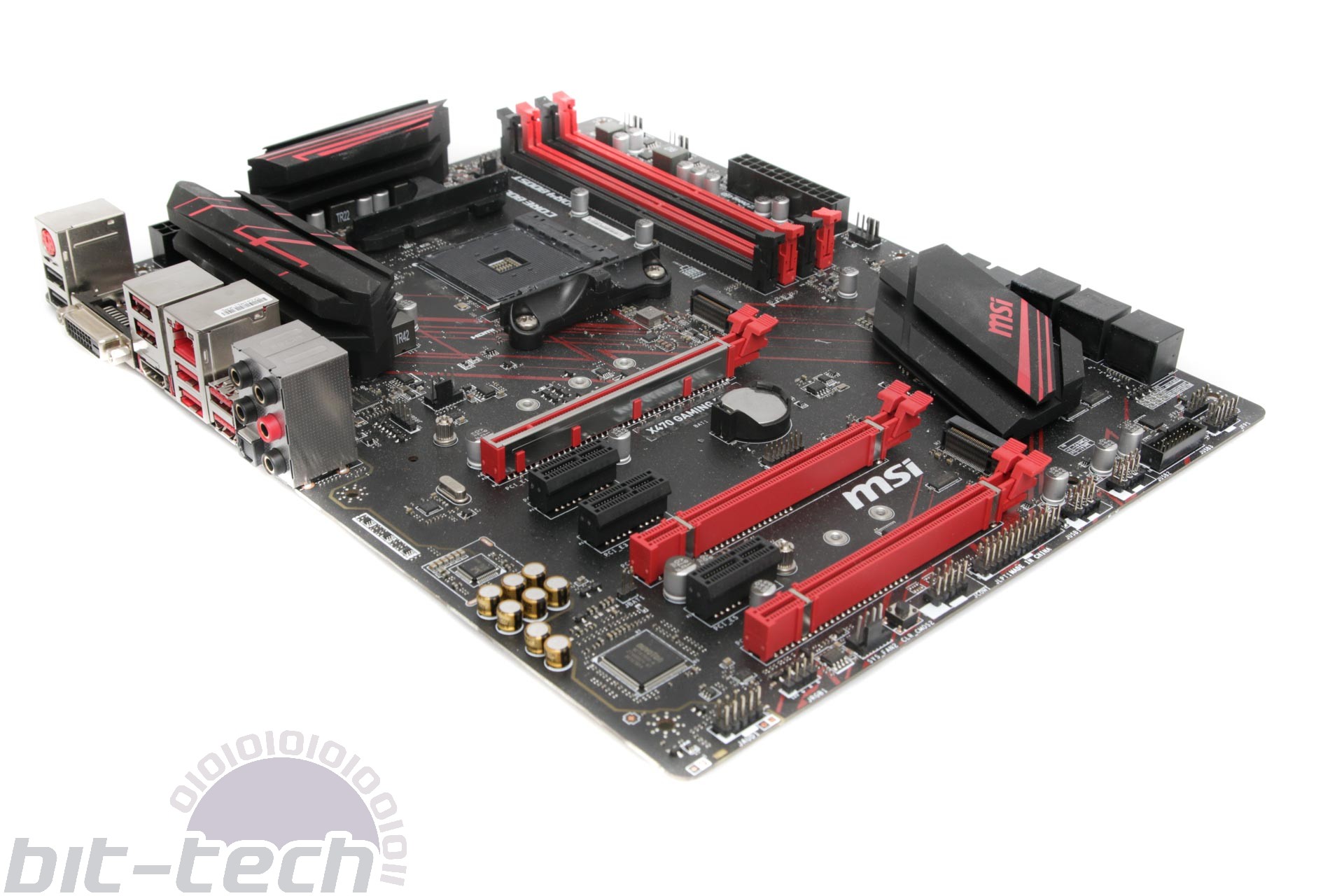
Power consumption was another area. The stock speed results were fine, but once overclocked both the idle and load power numbers were higher than average, with the load result being considerably higher than any other board. It's probably unlikely you'll be running your CPU at full load outside of multi-threaded content creation, and in games your PC will likely be drawing the same power as most of the other boards we tested here. However, the fact that the similarly-priced Gigabyte X470 Aorus Ultra gaming managed the same overclock with around 40W lower load power draw does highlight one weak area.
Conclusion
Bashing a cheap motherboard for lacking features or not being particularly attractive is usually a pointless exercise, as what most people in this price range are concerned with are stability and ease of use, and here the X470 Gaming Plus performs well and also overclocked to the same levels as much more expensive boards. However, we can't overlook the fact that the Gigabyte X470 Aorus Ultra Gaming costs just a few pounds more and outdoes the MSI board in pretty much every area from audio performance to the number of ports and headers. As a result, unless you must have MSI, the Gigabyte board is your best bet.

MSI MPG Velox 100R Chassis Review
October 14 2021 | 15:04

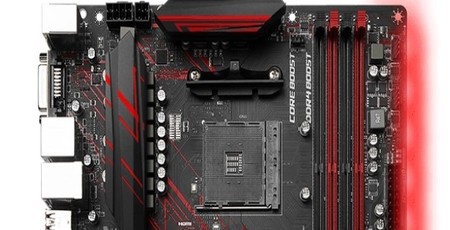
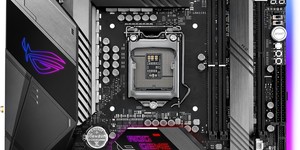
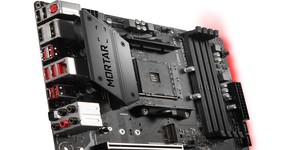
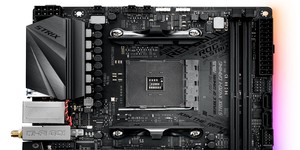




Want to comment? Please log in.